
Photo by Manuel Meurisse, via Unsplash
The Stroum Center for Jewish Studies at the University of Washington is delighted to announce the winners of our summer and autumn 2019 opportunity grants.
For undergraduate students, the primary goal of the opportunity grants is to support undergraduate engagement with Jewish Studies through study abroad experiences and accredited academic opportunities in the US. For graduate students, opportunity grants are intended to support research, conference attendance, and courses in topics related to Jewish Studies, either domestically or abroad.
The latest opportunity grant winners represent the diverse departments, disciplines, and backgrounds of Jewish Studies students at the University of Washington. All of the winners will be writing about their experiences for our website, so keep an eye out for their reflections in the fall.
Want to apply for the next round of grants? The deadline for experiences taking place in winter or spring 2020 is October 30, 2019. Learn more.
Summer / autumn 2019 opportunity grant winners
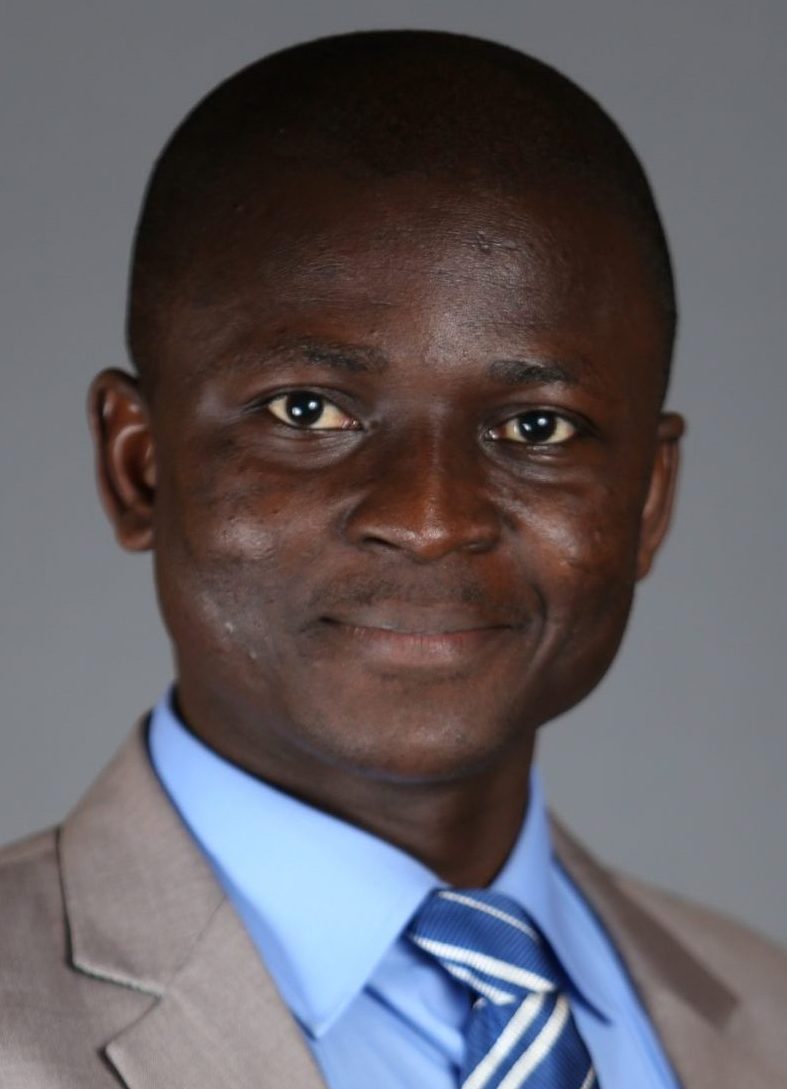
Francis Abugbilla is a Ph.D. candidate in international studies and the International Policy Institute fellow at the University of Washington’s Henry M. Jackson School of International Studies. He is also an associate researcher at Laboratoire de Sociologie Economique et d’Anthropologie des Appartenances Symboliques (LAASSE), at the Université Félix Houphouët-Boigny in Côte d’Ivoire. He researches conflict resolution and peacebuilding mechanisms in post-conflict societies. His dissertation focuses on how post-conflict peacebuilding mechanisms affect the prospects of reconciliation in Africa. His secondary research interests include human rights, governance, and youth empowerment. Francis will conduct his fieldwork on this summer in Côte d’Ivoire, thanks in part to the opportunity grant. As part of his research, he will interview the leadership of the Jewish community in Côte d’Ivoire about their role in post-conflict peacebuilding.
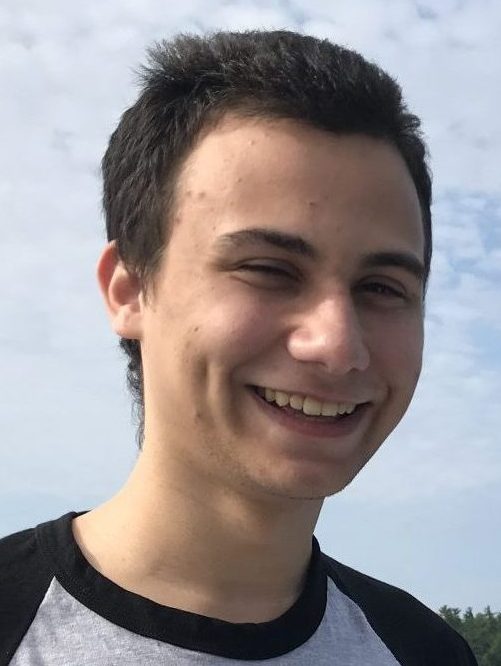 Sam Cantor studies philosophy and linguistics, with a focus on semantics, syntax, the philosophy of language, and logic. He is interested in humans’ natural capacity for language and general lack of knowledge about what it is we are doing when we speak our own first languages fluently and effortlessly. With the opportunity grant, Sam will study intensive modern Hebrew at the UW this summer. Sam writes, “Modern Hebrew is a very interesting language for a few reasons. It is rather unique and enigmatic, being something of a constructed language yet widely spoken as a first language. What is particularly interesting is how a language that was in many ways man-made could also possess linguistic features in morphology (the combination of meaningful units to create discrete words) and syntax (the combination of words to create grammatical and meaningful sentences) that are still quite mysterious to linguistics.” Through Hebrew, Sam hopes to better understand the aspects of the language that challenge linguists and become more aware of contemporary Israeli life and culture.
Sam Cantor studies philosophy and linguistics, with a focus on semantics, syntax, the philosophy of language, and logic. He is interested in humans’ natural capacity for language and general lack of knowledge about what it is we are doing when we speak our own first languages fluently and effortlessly. With the opportunity grant, Sam will study intensive modern Hebrew at the UW this summer. Sam writes, “Modern Hebrew is a very interesting language for a few reasons. It is rather unique and enigmatic, being something of a constructed language yet widely spoken as a first language. What is particularly interesting is how a language that was in many ways man-made could also possess linguistic features in morphology (the combination of meaningful units to create discrete words) and syntax (the combination of words to create grammatical and meaningful sentences) that are still quite mysterious to linguistics.” Through Hebrew, Sam hopes to better understand the aspects of the language that challenge linguists and become more aware of contemporary Israeli life and culture.
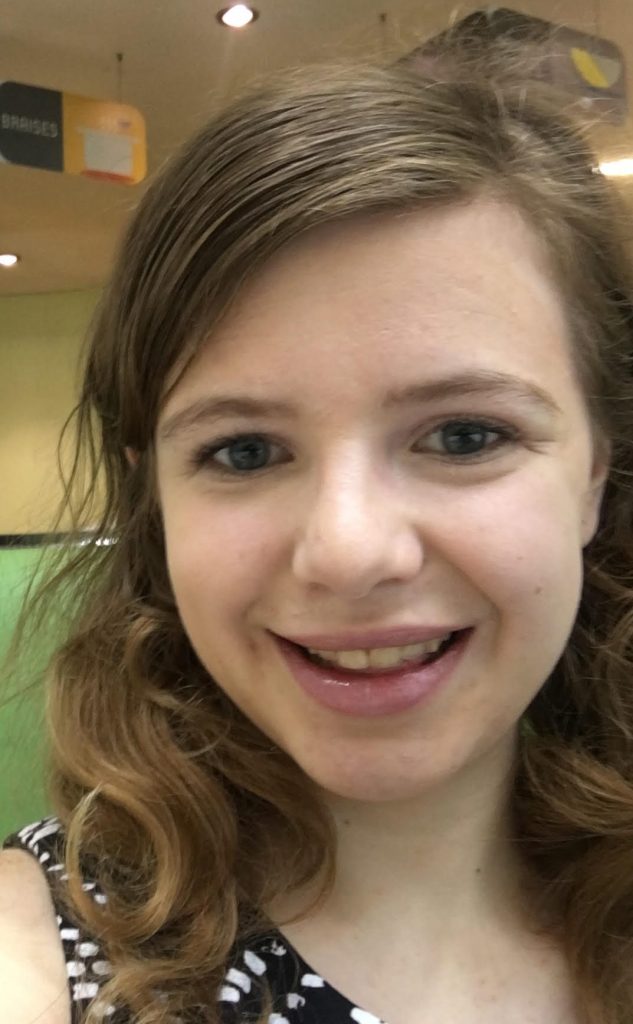
Ellen Perleberg, a second-year student at the University of Washington, will also take the intensive modern Hebrew course at the UW this summer with the support of the Stroum Center opportunity grant. Perleberg writes, “In my work in both linguistics and Near Eastern studies, I am fascinated by textual transformations across time and place, and the implications language and text have for policy, education, and communities.” She reflects that Hebrew “occupies a fascinating place in the story of language, literacy, and culture, and I am so excited to interact with it firsthand.”
Learn more
- Learn more about our winter and spring 2019 opportunity grant winners and read about their experiences
- Interested in applying for an opportunity grant? Applications for opportunities taking place in winter/spring 2020 are due October 30, 2019


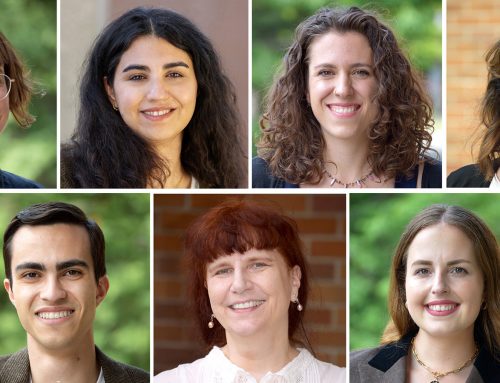
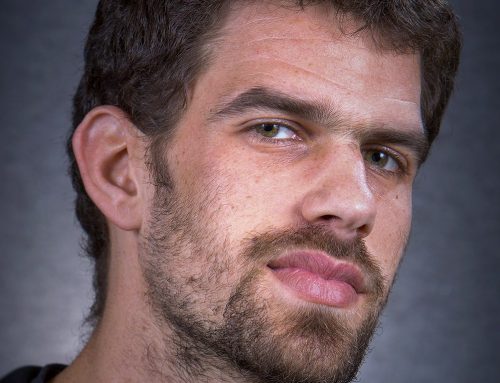
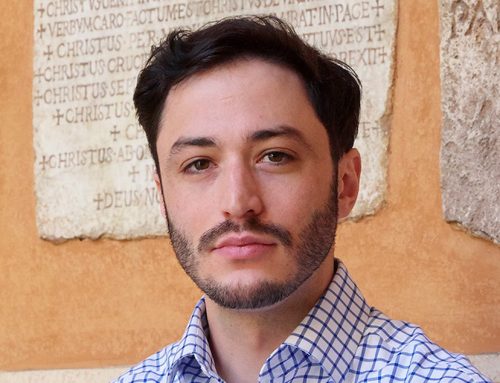
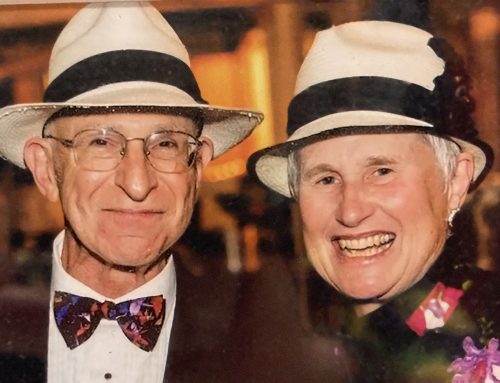
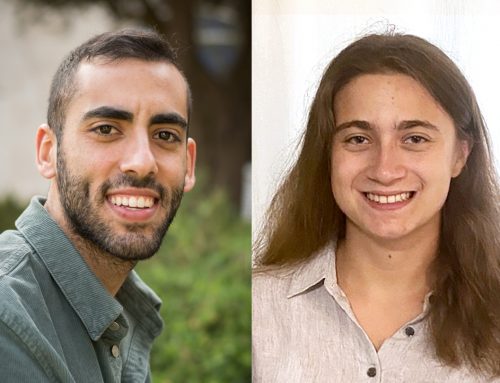
Leave A Comment